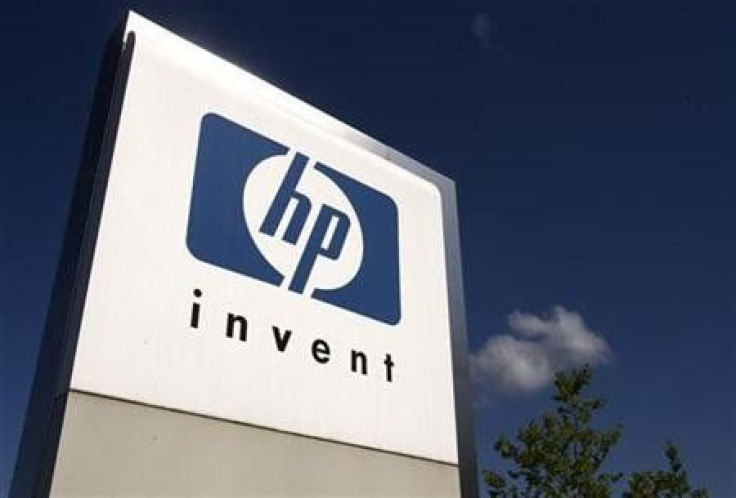Market slams Hewlett-Packard (HPQ) after weak outlook

Hewlett-Packard (HPQ) was slammed by the market on Tuesday after posting inline results, but a reduction in its full-year outlook.
By the market close , shares of HP were down $2.89, or 7.26% on the New York Stock Exchange to close at $36.91. The shares continued to slump after hours.
Net income for the second quarter was $2.3 billion, or $1.05 a share, compared with $2.2 billion, or 91 cents a share, for the year-ago period. On an adjusted basis, H-P said it would have earned $2.7 billion, or $1.24 a share, for the April quarter.
Analysts had, on average, expected adjusted earnings of $1.21 a share on revenue of $31.5 billion, according to forecasts compiled by Thomson Reuters.
Wall Street quickly followed and at least five analysts brokerages downgrade d the stock.
Credit Suisse's Kulbinder Garcha, cut the stock to Neutral from Outperform, and cut his price target to $42 from $60.
The stock is inexpensive, but may remain so for some time, according to Garcha, given that the services business is now an uncertainty for the company along with what were already worries about the PC market and weak consumer demand.
Garcha cut his EPS estimate for this fiscal year from a prior $5.36 to $4.91, below the new target of at least $5″ that HP offered today.
We are now concerned that any transition will take time and during this period we see structurally lower margins. We now forecast 14% Services OMs and would not rule out further risks. We are also disappointed that no further cost actions were taken at the group level.
Quarterly revenue generated, by the company's personal systems group, its largest business segment, declined 5% from the same period last year as sales of both desktop and laptop PCs slipped. The decline was offset by gains in other business units like printing and enterprise.
The PC market continues to be bifurcated, HP CEO Leo Apotheker said on a conference call this morning, noting that the commercial PC market remains strong while the consumer side has weakened.
Not only is the PC division struggling from lower consumer sales, but the services business is not where it should be, Apotheker suggested.
As I have been digging into our services business in joining HP and diving even deeper over the past couple of months, I have concluded that we had a solid strategy for Services, but we didn't invest in the path to support the strategy, said Apotheker.
Instead, HP focused on maximizing its shorter-term margins. We have over-executed operationally and underinvested strategically. As a result, our short-term margin expectations have been too high. This has impacted our ability to create sustainable growth for the long term.
HP has so far failed to get its services business into the higher value, higher-margin and higher-growth categories, he said. There's too much focus on IT outsourcing deals, Apotheker said, bringing down profit margin.
To remedy the situation, Apotheker said the company will look to recruit an executive Vice President for enterprise services, and that the current Enterprise division head, Ann Livermore, will be in that role in an interim fashion. Also, the company will enhance our services offerings in emerging areas, such as cloud services and consulting, application modernization, business analytics and mobility.
Analysts see continued issues.
We don't like lowering our rating 12 months into a major share price decline, partly due to market conditions, partly due to operational execution, but we see the issues lingering for a few more quarters at best and don't expect a near-term rebound in the shares, Louis Miscioscia of Collins Stewart wrote in a note to clients.
Quarterly revenue generated, by the company's personal systems group, its largest business segment, declined 5% from the same period last year as sales of both desktop and laptop PCs slipped. The decline was offset by gains in other business units like printing and enterprise.
© Copyright IBTimes 2024. All rights reserved.











